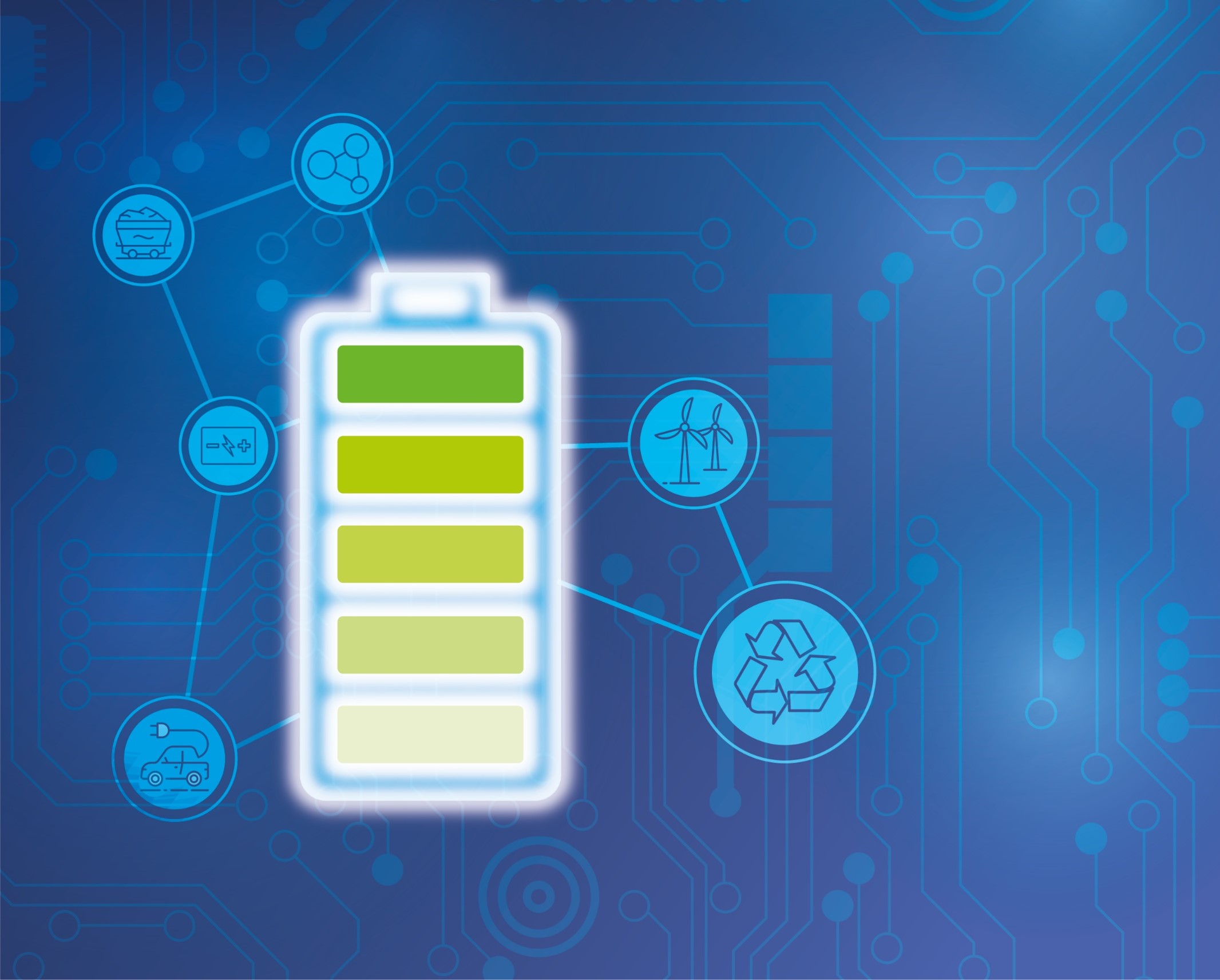Proposal for a Regulation on batteries and waste batteries

date: 17/04/2023
On 10 December 2020, the European Commission launched a Proposal for a regulation on batteries and waste batteries (repealing Directive 2006/66/EC and amending Regulation (EU) No 2019/1020) to modernise EU legislation on this matter in order to tackle the social, economic and environmental issues throughout their lifecycle.
The Regulation addresses three highly interlinked problems related to batteries: (1) the lack of framework conditions providing incentives to invest in production capacity for sustainable batteries, which is linked to potentially diverging regulatory frameworks within the internal market; (2) the sub-optimal functioning of recycling markets and insufficiently closed materials loops, which limits the EU’s potential to mitigate risks to the supply of raw materials; and (3) social and environmental risks that are currently not covered by EU environmental law.
The objectives of the Regulation are to harmonise product requirements for batteries manufactured in the EU or imported; to establish both primary and secondary markets for sustainable batteries in Europe and beyond, promoting sustainable battery production and consumption and minimising environmental and social impacts; and to provide legal certainty to unlock investments in circular economy and boost production capacity, closing the loop by encouraging reuse and improving battery collection and recycling of materials.
The measures to achieve the objectives include strengthening the EU market for high-quality batteries, secondary raw materials and related industrial processes, promoting innovation and development of technical expertise; promoting a circular economy through higher resilience, reduced dependence on imports of strategic materials, closing of material loops, and appropriate management of waste batteries; and reducing human health, environmental and social impacts throughout all stages of the battery lifecycle, by promoting responsible sourcing and efficient and prudent use of materials.
Implications for third countries can be expected in that new requirements for manufacturers will be established with regard to battery carbon footprint declarations, minimum contents of recovered materials in batteries, and due diligence policy obligations for the supply chain. Thus, countries will face the need for appropriate circular economy infrastructures and capacities for battery recycling and material recovery.
More information
- Proposal for a REGULATION OF THE EUROPEAN PARLIAMENT AND OF THE COUNCIL concerning batteries and waste batteries, repealing Directive 2006/66/EC and amending Regulation (EU) No 2019/1020
- Press release: Green Deal: Sustainable batteries for a circular and climate neutral economy (2020)
- Questions and Answers on Sustainable Batteries Regulation (December 2020)
- Factsheet: Sustainable batteries in their full lifecycle (2020)
- Final compromise text of the Trilogue agreement on batteries (January 2023)
- Press release: Green Deal: EU agrees new law on more sustainable and circular batteries (December 2022)
- Press release: Council and Parliament strike provisional deal to create a sustainable lifecycle for batteries (December 2022)
- Press release: Batteries: deal on new EU rules for design, production and waste treatment (December 2022)
